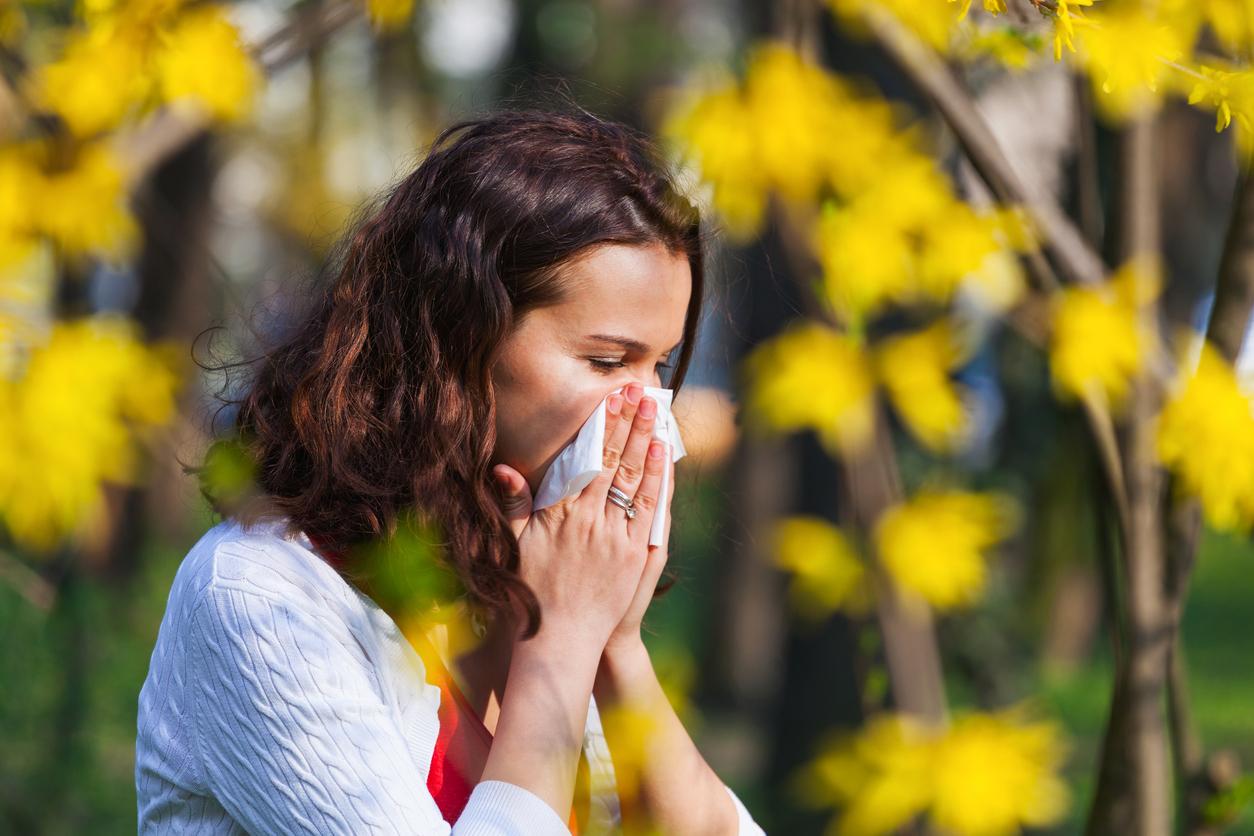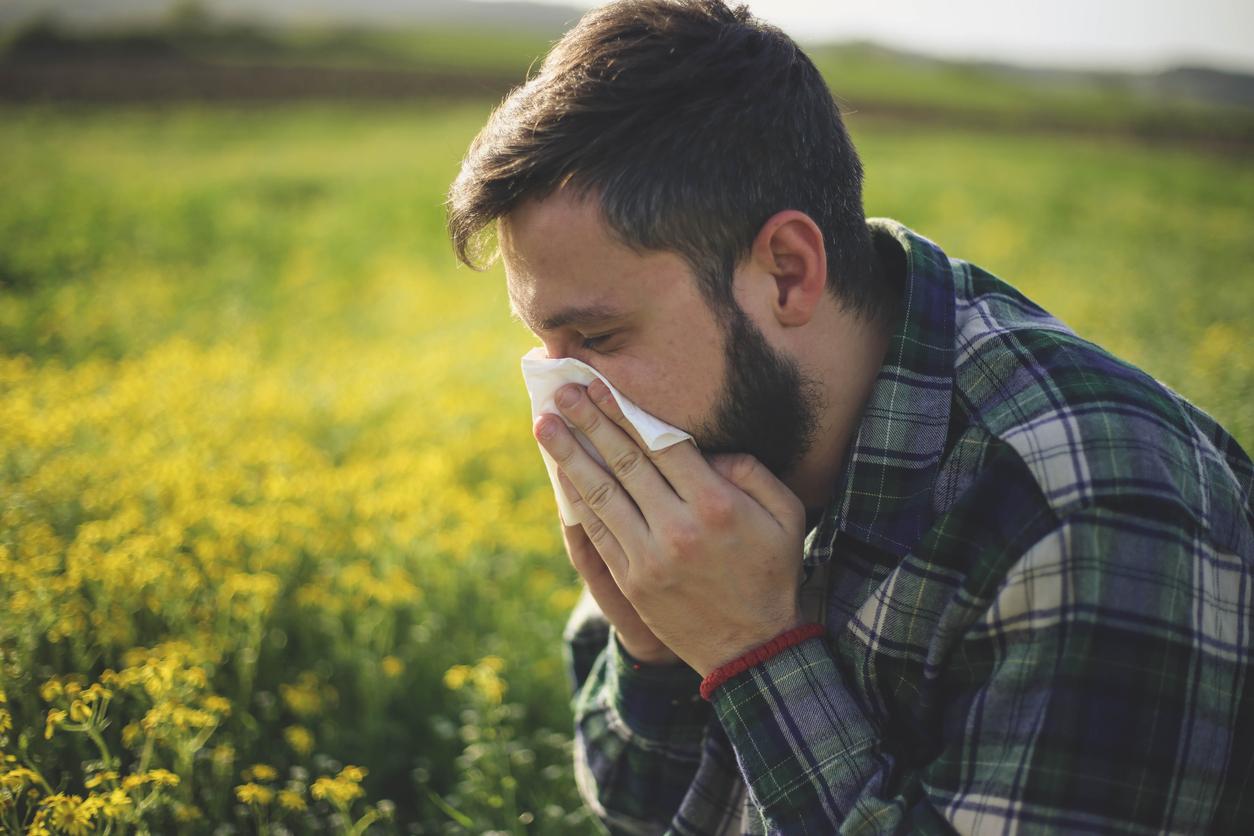Like every year, the quality of life of millions of French people is impacted by pollination. But why are some people sensitive to it and others not?

For more than 20 years, respiratory allergies have been booming in industrialized countries. Yes pollens contribute to the development of vegetation and therefore to the regeneration of our oxygen, they have a considerable impact on the quality of life of many people.
According to Insermthe prevalence of asthma in France today is at 7 to 10%, that of rhinitis and allergic conjunctivitis around 15 to 20%. Although allergic rhinitis is benign, it poses a real public health problem. In severe forms, it can even become a handicap, cause sleep disorders, irritability, or lead to school absences or work stoppages.
While 26 departments are currently placed on red alert for grass pollen and millions of French people suffer from fits of sneezing, continuous runny nose (rhinitis), stuffy nose, difficult nasal breathing, red, irritated and/or watery eyes (conjunctivitis), itchy palate, nose and ears or even an irritating cough, a question arises: why are they allergic?
Allergy, a disorder of the immune system
To begin with, “our immune system is specialized in recognizing foreign bodies such as parasites, bacteria or even viruses”, explains Inserm. When one of them penetrates the body, it produces molecules responsible for tracking down the intruder and destroying it. “Allergy is precisely a disorder of the immune system which corresponds to a loss of tolerance vis-à-vis substances a priori harmless”, which are called allergens. Allergic people are therefore because of a failure of their immune system.
More specifically, “allergic diseases can be caused by antibody and/or to T cellsspecialized cells of the immune system”. This is for example the case for eczema and chronic asthma. T lymphocytes “infiltrate the skin and the bronchi where they are activated by allergens themselves capable of enter”.
The role of IgE in people with allergies
But the majority of allergies are caused by antibodies present in our body, the immunoglobulins type E (IgE). Their normal function is to control parasites. In people with allergies, IgE levels are higher. During their first contact with an allergen, IgE specific to the allergen (pollen, food proteins, dust mites, etc.) are produced. Moreover, the fact that these IgE circulate freely “in the serum blood and are also found associated with cells of the immune system particularly numerous in the skin, the lungs and the digestive tract”, explains the localization of the allergic symptoms.

.















